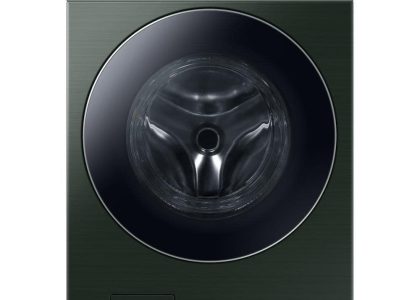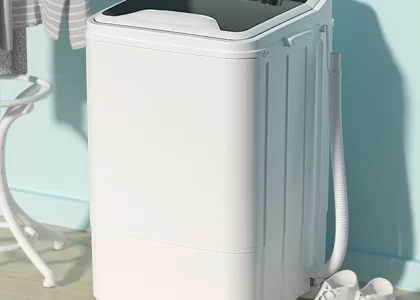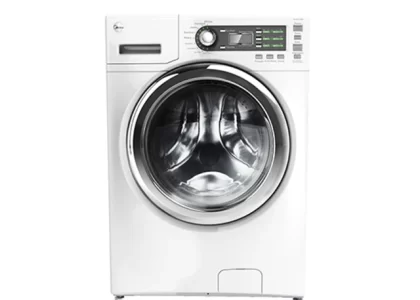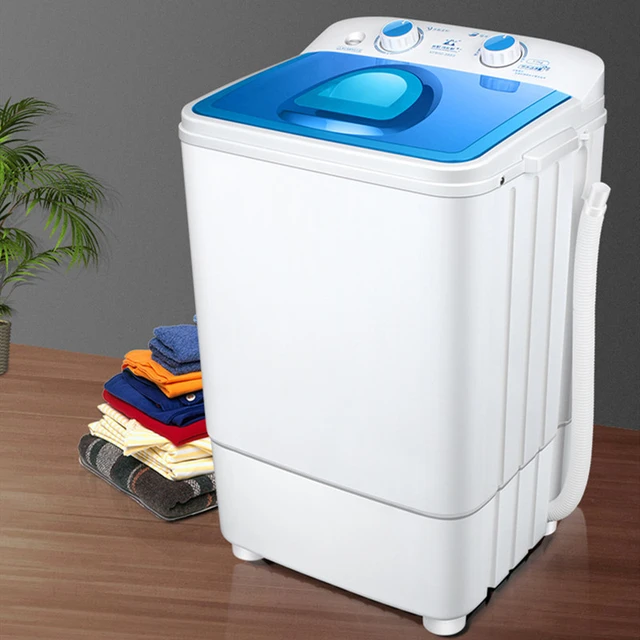 Introduction:
Introduction:
A washing machine that smells like rotten eggs can be a very unpleasant and concerning issue. The foul odor can linger on your clothes and create an uncomfortable laundry experience. Understanding the potential causes and implementing appropriate solutions can help you eliminate the odor and maintain a fresh and clean washing machine.
Buildup of Bacteria and Mildew:
Cause: Bacteria and mildew thrive in damp and warm environments, such as the drum and rubber gasket of a washing machine. This buildup can result in a rotten egg-like smell.
Solution: Clean the drum and rubber gasket regularly with a mixture of equal parts water and white vinegar. Wipe down these areas with a clean cloth and leave the door open to allow air circulation and prevent moisture buildup.
Clogged Drain or Trapped Water:
Cause:
A clogged drain or trapped water in the washing machine can lead to stagnant water, allowing anaerobic bacteria to grow and produce a rotten egg smell.
Solution:
Check the drain hose and remove any blockages or debris.
Run a hot water cycle without any laundry or detergent to flush out any trapped water and bacteria.
Ensure proper drainage by checking the drainage pipes and clearing any obstructions.
Incorrect Detergent or Fabric Softener Usage:
Cause:
The use of excessive or incorrect detergents or fabric softeners can lead to a buildup of residue,
creating an unpleasant odor.
Solution:
a. Use the recommended amount of detergent and fabric softener as instructed by the manufacturer.
b. Consider using odor-neutralizing products specifically designed for washing machines to prevent and eliminate unpleasant smells.
Sulfur in Water Supply:
Cause:
If your water supply contains sulfur or hydrogen sulfide, it can create a rotten egg smell in the washing machine.
Solution:
a. Test your water supply for sulfur or hydrogen sulfide content.
b. Install a water filtration system or contact your local water treatment facility to address the issue.
Maintenance and Cleaning:
Cause: Irregular cleaning and maintenance can contribute to the buildup of bacteria and residue, resulting in a foul odor.
Solution:
a. Clean the drum, detergent dispensers, and rubber gasket regularly to remove any buildup or debris.
b. Use a washing machine cleaner or a mixture of water and white vinegar to eliminate odor-causing bacteria.
c. Follow the manufacturer’s instructions for cleaning and maintenance to keep your machine fresh and odor-free.
Professional Assistance:
Cause: In some cases, the source of the rotten egg smell may be more complex and require professional assistance.
Solution: If the problem persists after attempting the aforementioned solutions, contact a professional technician or the manufacturer’s customer support for further diagnosis and potential repairs.
Preventive Measures:
Cause: Taking proactive measures to prevent odor buildup can help maintain a fresh-smelling washing machine.
Solution:
a. Remove wet laundry promptly after each cycle to prevent moisture buildup.
b. Keep the door open between uses to allow air circulation and reduce dampness.
c. Wipe down the drum and rubber gasket regularly to prevent the growth of bacteria and mildew.
 Conclusion:
Conclusion:
A washing machine that smells like rotten eggs can be a frustrating and unpleasant problem. By understanding the potential causes and implementing the appropriate solutions, you can eliminate the odor and maintain a fresh and clean washing machine. Regular cleaning, proper drainage, and the use of recommended detergents and fabric softeners will help prevent odor buildup. If the issue persists, it may be necessary to seek professional assistance. Enjoy a fresh and hygienic laundry environment by following these steps and ensuring your washing machine remains free from rotten egg smells.




